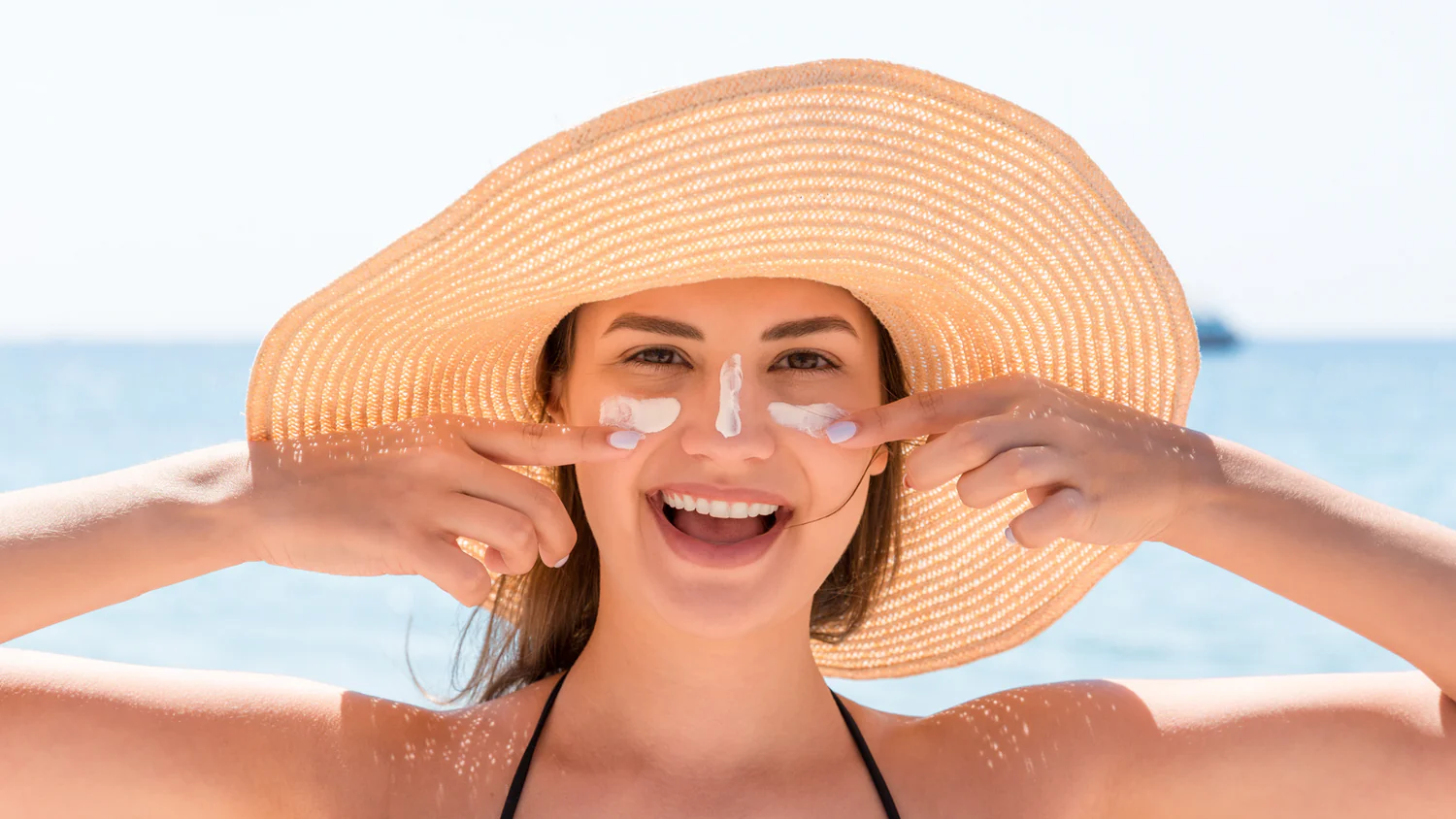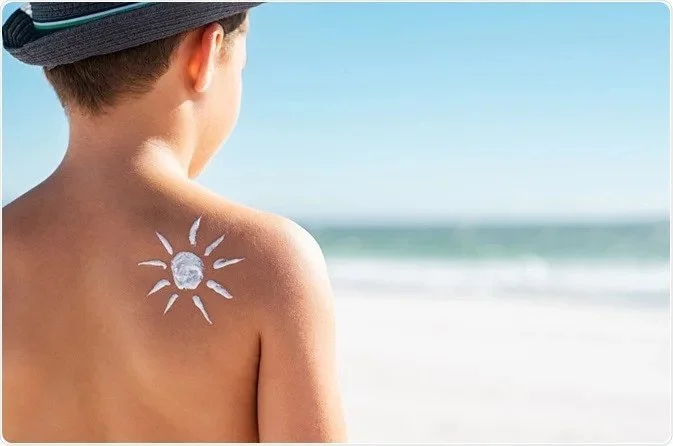The Role of Sunscreen: Your Ultimate Shield Against Skin Cancer
As the summer sun blazes down, the importance of sunscreen in protecting our skin from harmful ultraviolet (UV) rays cannot be overstated. Many people think of sunscreen as just a beach accessory, but its role in preventing skin cancer is vital and profound. In this comprehensive guide, we’ll uncover the science behind sunscreen, its effectiveness in preventing skin cancer, and address some frequently asked questions (FAQs) that can help you make the best choices for your skin health.
Understanding Sunscreen: The Basics
Sunscreen is a topical product that helps protect the skin from the harmful effects of UV radiation. There are two types of UV radiation that affect the skin: UVA and UVB. UVA rays penetrate deeply into the skin and contribute to premature aging and wrinkles, while UVB rays are responsible for sunburn and play a significant role in developing skin cancer. Sunscreen products are designed to absorb, reflect, or scatter UV rays, thus protecting the skin.
How Sunscreen Prevents Skin Cancer
Blocking Harmful UV Rays: Sunscreen contains ingredients that either absorb or reflect UV rays. This barrier prevents the rays from penetrating the skin and causing cellular damage that can lead to skin cancer.
Reducing DNA Damage: UV radiation can cause mutations in the DNA of skin cells. These mutations can accumulate over time and lead to the development of cancerous cells. By shielding the skin from UV exposure, sunscreen reduces the risk of DNA damage.
Preventing Immune Suppression: UV radiation can suppress the local immune response in the skin, making it easier for cancerous cells to develop and spread. Sunscreen helps maintain the skin’s immune defenses.
Combating Free Radicals: UV radiation can generate free radicals, unstable molecules that damage cells and DNA. Many sunscreens contain antioxidants that neutralize these free radicals, providing an additional layer of protection.
Tips for Choosing and Using Sunscreen
Choose Broad-Spectrum Protection: Ensure your sunscreen protects against both UVA and UVB rays. Look for the term “broad-spectrum” on the label.
Select the Right SPF: Aim for an SPF of at least 30. Higher SPF numbers provide more protection, but no sunscreen can block 100% of UV rays.
Consider Your Skin Type: If you have sensitive skin, opt for mineral sunscreens with zinc oxide or titanium dioxide. For oily or acne-prone skin, choose a non-comedogenic formula that won’t clog pores.
Apply Generously: Most people don’t apply enough sunscreen. Use about one ounce (a shot glass full) to cover your entire body. Don’t forget often-missed spots like the ears, back of the neck, and tops of the feet.
Don’t Forget Lip Protection: Your lips can get sunburned too. Use a lip balm with SPF to protect them.
FAQs About Sunscreen and Skin Cancer Prevention
Details of Skin Cancer Prevention
1. What SPF Should I Use?
SPF, or Sun Protection Factor, measures how well a sunscreen protects against UVB rays. Medical dermatologists recommend using a broad-spectrum sunscreen with an SPF of at least 30. Broad-spectrum sunscreens protect against both UVA and UVB rays, offering comprehensive protection.
2. How Often Should I Reapply Sunscreen?
Sunscreen should be reapplied every two hours, or more often if you are swimming or sweating. Even water-resistant sunscreens can wear off, so frequent reapplication is crucial for maintaining protection.
3. Can I Rely on Makeup or Moisturizers with SPF?
While makeup and moisturizers with SPF provide some protection, they often do not offer the same level of coverage as dedicated sunscreen products. It’s best to use a separate sunscreen under your makeup or moisturizer to ensure adequate protection.
4. Is Sunscreen Safe for Daily Use?
Yes, sunscreen is safe for daily use. In fact, dermatologists recommend applying sunscreen every day, regardless of the weather. UV rays can penetrate clouds and windows, so daily application is essential for continuous protection.
5. Are Natural or Mineral Sunscreens Effective?
Natural or mineral sunscreens, which contain ingredients like zinc oxide or titanium dioxide, are effective at protecting the skin from UV radiation. They work by physically blocking UV rays and are a good option for those with sensitive skin or concerns about chemical sunscreen ingredients.
6. Can I Get Vitamin D if I Wear Sunscreen?
Yes, you can still get vitamin D while wearing sunscreen. Most people get sufficient vitamin D from incidental sun exposure, even when using sunscreen. You can also obtain vitamin D from dietary sources and supplements if needed.
7. Is Sunscreen Necessary Indoors?
If you’re sitting near windows or spending a lot of time in a room with natural light, it’s a good idea to wear sunscreen. UVA rays can penetrate glass and contribute to skin damage over time.
8. What About Tinted Sunscreens?
Tinted sunscreens can provide additional protection against visible light and blue light from screens, which can contribute to skin aging. They are a good option for those looking for added protection and a bit of coverage.
9. Can Sunscreen Cause Skin Reactions?
Some people may experience skin reactions to certain sunscreen ingredients. If you have sensitive skin or allergies, choose hypoallergenic or mineral-based sunscreens, and do a patch test before full application.
10. Are There Sunscreens for Specific Skin Conditions?
Yes, there are sunscreens formulated for various skin conditions such as acne, rosacea, or eczema. Look for sunscreens labeled for sensitive or problem skin, and consult with a dermatologist for personalized recommendations.
Conclusion
The role of sunscreen in skin cancer prevention is undeniable. By protecting the skin from harmful UV radiation, reducing DNA damage, maintaining immune defenses, and combating free radicals, sunscreen is a powerful tool in the fight against skin cancer. Make sunscreen a daily habit, and educate yourself about the best products and practices to ensure your skin stays healthy and cancer-free.
By making informed choices about sunscreen and incorporating it into your daily routine, you can significantly reduce your risk of skin cancer and maintain healthy, beautiful skin. Don’t let the sun catch you off guard—shield yourself with sunscreen every day!



